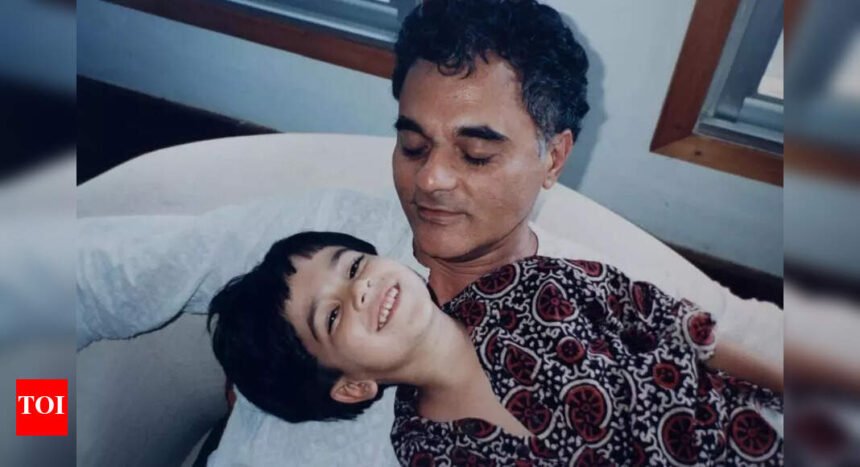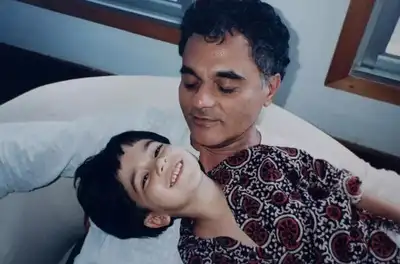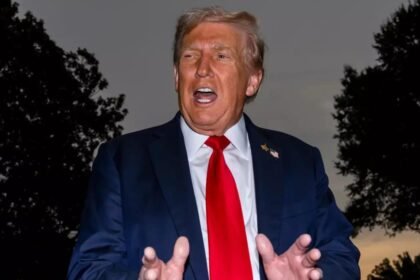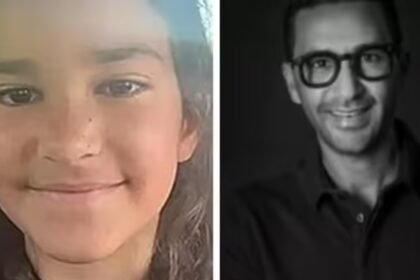At 33, Zohran Mamdani has done what few thought possible. The Indian-Ugandan-American state assemblyman is now the Democratic nominee for mayor of New York City, having defeated seasoned names like Brad Lander and even former governor Andrew Cuomo. He did it not with flashy billboards or donor cash but with lo-fi subway videos, rent freeze montages, and a policy platform that mixes TikTok aesthetics with Trotskyite rigour. Free buses, higher taxes for the rich, a Green New Deal for New York, and an uncompromising stance on Palestinian liberation.But to really understand Zohran Mamdani, you have to go beyond his press releases and Instagram reels. His campaign is deeply rooted in a political worldview shaped by his father, the Ugandan-born scholar Mahmood Mamdani.If Mira Nair brought art, Mahmood brought argument.A towering figure in postcolonial scholarship, Mahmood is not your typical academic. Born in Bombay (now Mumbai), raised in Kampala, exiled during Idi Amin’s regime, and now based at Columbia University, he has spent his life dissecting the violent architecture of the modern world. His work explores colonialism, genocide, citizenship, and the political construction of identity.His writing does not flatter the West, nor does it offer the easy moral binaries that dominate cable news. Instead, it explains how victims become perpetrators, how modern nation-states are built by creating permanent minorities, and why today’s global order is structured by violence and historical amnesia.Take When Victims Become Killers, a chilling study of the Rwandan genocide. Mahmood refuses to reduce the massacre to ancient tribal hatreds. Instead, he traces how colonial powers imposed ethnic hierarchies that were then absorbed and repurposed by postcolonial regimes. Genocide, in this view, is not inexplicable horror but a foreseeable consequence of state-building built on exclusion. It’s the kind of systemic lens that appears in Zohran’s critique of Israeli apartheid. For him, it’s not just a moral issue, but a structural and historical one.In Citizen and Subject, Mahmood explores how colonial rule in Africa created a split political identity. Urban citizens were governed through civil law, while rural populations were administered through tribal custom. The result was a decentralised despotism that survived well beyond formal independence. This analysis is echoed in Zohran’s understanding of inequality in New York — a city divided not just by income but by how power and policy are distributed between neighbourhoods, between gentrified enclaves and neglected boroughs.Neither Settler Nor Native, perhaps Mahmood’s most provocative work, presents the idea that settler colonialism and the modern nation-state evolved in tandem. From North America to Israel, the creation of political majorities required the simultaneous creation of political minorities. Mahmood argues that the violence of the nation-state lies not in its failures, but in its very design. He points to South Africa as an unfinished experiment, a vision of a post-national political community. That idea, of shared civic belonging rather than fixed ethnic identity, forms the heart of Zohran’s political style — a coalition that includes immigrants, public housing tenants, young activists and first-generation voters.In Good Muslim, Bad Muslim, Mahmood traces how Cold War-era US foreign policy fostered political Islam, only to later demonise it after 9/11. He urges readers to reject the simplistic division between moderates and radicals and instead examine the geopolitical scaffolding beneath the rhetoric. This scepticism of Western moral posturing is visible in Zohran’s foreign policy positions, especially when he challenges US military aid to Israel or surveillance of Muslim communities at home.Even From Citizen to Refugee, Mahmood’s memoir of being expelled from Uganda, avoids the easy trap of martyrdom. He reflects on how colonial racial hierarchies shaped post-independence politics, and why Asians in Uganda were seen as alien even after generations of residence. His refusal to romanticise victimhood or flatten identity into a single narrative is mirrored in Zohran’s discomfort with tokenistic representation. In his campaign, identity is not the message. Solidarity is.In Saviours and Survivors, Mahmood offers a critique of humanitarian intervention in Darfur. He warns that military responses in the name of saving lives can obscure deeper histories and serve strategic interests. The West, he writes, often projects its own moral anxieties onto other conflicts without addressing structural causes. That same suspicion of moral theatre shows up in Zohran’s critique of performative politics, where statements are made for applause rather than outcomes.Across all his work, Mahmood returns to one foundational idea. Terms like native, settler, citizen, refugee — these are not neutral. They are manufactured, enforced, and sustained by systems of power. If they were made, they can also be unmade. That idea is not just theoretical. It is the driving force behind Zohran Mamdani’s campaign to reshape the city he calls home.His mayoral bid may be happening in New York, but the ideas that fuel it come from Kampala, Kigali, and Khartoum. This is not just a son following in his father’s footsteps. It is the continuation of a larger intellectual project, now playing out in the politics of America’s biggest city.







